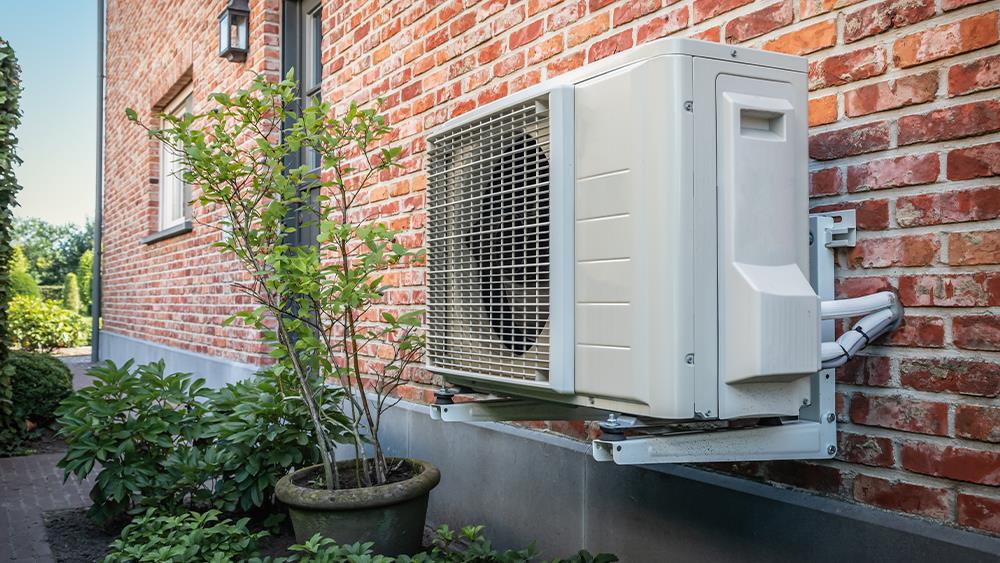

While evidence collected by the CMA shows that people could have a positive experience buying green heating and insulation products, it also raised concerns about the process' complexity and a lack of information.
The CMA’s report also highlights examples of potentially misleading sales claims by some businesses. This could lead people to purchase heating products that may not be as green as advertised or might put people off green alternatives altogether, slowing progress to net-zero.
The CMA also found that quality assurance schemes – which play an important role in the sector – could do more in some areas to protect consumers better.
The CMA’s report found three key areas of concern:
Information about products is difficult to find and to understand
Not all businesses are acting fairly
Quality assurance schemes are not as effective as they could be
To help people looking to buy green heating and insulation products, the CMA has published a new consumer guide. It sets out key considerations for people at each stage of the buying process and summarises their rights under consumer protection law.
Alongside the consumer guide, the CMA has published a set of good practice principles for quality assurance schemes, and will work with scheme providers to implement these principles, as well as with the UK government to help better support and protect consumers in this sector.
George Lusty, Senior Director for Consumer Protection at the CMA, said: "We want people to have confidence when they buy green heating technologies and home insulation. It’s essential they get what they paid for and that energy efficiency and sustainability claims are fair and accurate.
"While many businesses will be operating in the best interests of their customers, some businesses appear to be misleading people into buying their products. This needs to stop.
We will now be exploring these concerns further – including whether to take enforcement action."
Following publication the report, the CMA will take forward further work looking into misleading claims, engaging with businesses, trade bodies and other key stakeholders.
The CMA intends to produce guidance for businesses so they are aware of their legal responsibilities. The CMA will also consider whether further action, such as enforcement, if needed.
Consumer protection in the green heating and insulation sector
If you'd like to keep up-to-date with the latest developments in the heating and plumbing industry, why not subscribe to our weekly newsletters? Just click the button below and you can ensure all the latest industry news and new product information lands in your inbox every week.